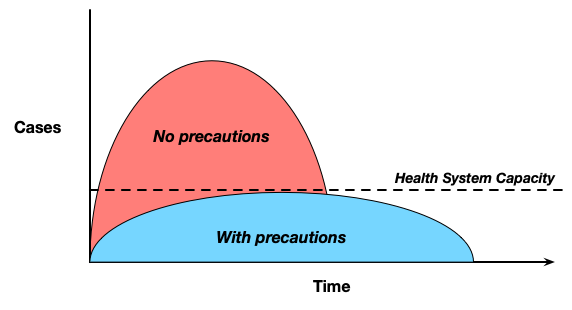There have been a variety of proposals for the next ‘man on the moon’ project since JFK first inspired us. This includes going to Mars, infrastructure revitalization, and more. And I’m sympathetic to them. I’d like us to commit to manufacturing and installing solar panels over all parking lots, both to stimulate jobs and the economy, and transform our energy infrastructure, for instance. However, with my focus on learning and technology, there’s another ‘man on the moon’ project I’d like to see.
I’d like to see an entire K12 curriculum online (in English, but open, so that anyone can translate it). However, there are nuances here. I’m not oblivious to the fact that there are folks pushing in this direction. I don’t know them all, but I certainly have some reservations. So let me document three important criteria that I think are critical to make this work (queue my claim “only two things wrong with education in this country, the curriculum and the pedagogy, other than that it’s fine”).
First, as presaged, it can’t be the existing curriculum. Common Core isn’t evil, but it’s still focused on a set of elements that are out of touch. As an example, I’ll channel Roger Schank on the quadratic equation: everyone’s learned (and forgotten) it, almost no one actually uses it. Why? Making every kid learn it is just silly. Our curriculum is a holdover from what was stipulated at the founding of this country. Let’s get a curriculum that’s looking forward, not back. Let’s include the ability to balance a bankbook, to project manage, to critically evaluate claims, to communicate visually, and the like.
Second, as suggested, it can’t be the existing pedagogy. Lecture and test don’t lead to retaining and transferring the ability to do. Instead, learning science tells us that we need to be given challenging problems, and resources and guidance to solve them. Quite simply, we need to practice as we want to be able to perform. Instruction is designed action and guided reflection. Ideally, we’d layer on learning on top of learner interests. Which leads to the third component.
We need to develop teachers who can facilitate learning in this new pedagogy. We can’t assume teachers can do this. There are many dedicated teachers, but the system is aligned against effective outcomes. (Just look at the lack of success of educational reform initiatives.) David Preston, with his Open Source Learning has a wonderful idea, but it takes a different sort of teacher. We also can’t assume learners sitting at computers. So, having a teacher support component along with every element is important.
Are there initiatives that are working on all this? I have yet to see any one that’s gotten it all right. The ones I’ve seen lack on one or another element. I’m happy to be wrong!
I also recognize that agreeing on all the elements, each of which is controversial, is problematic. (What’s the right curricula? Direct instruction or constructivist? How do we value teachers in society?) We’d have major challenges in assembling folks to address any of these, let alone all and achieving convergence.
However, think of the upside. What could we accomplish if we had an effective education system preparing youth for the success of our future? What is the best investment in our future? I realize it’s a big dream; and I’m not in a position to make it happen. Yet I did want to drop the spark, and see if it fire any imaginations. I’m happy to help. So, this is my ‘man on the moon’ project; what am I missing?
